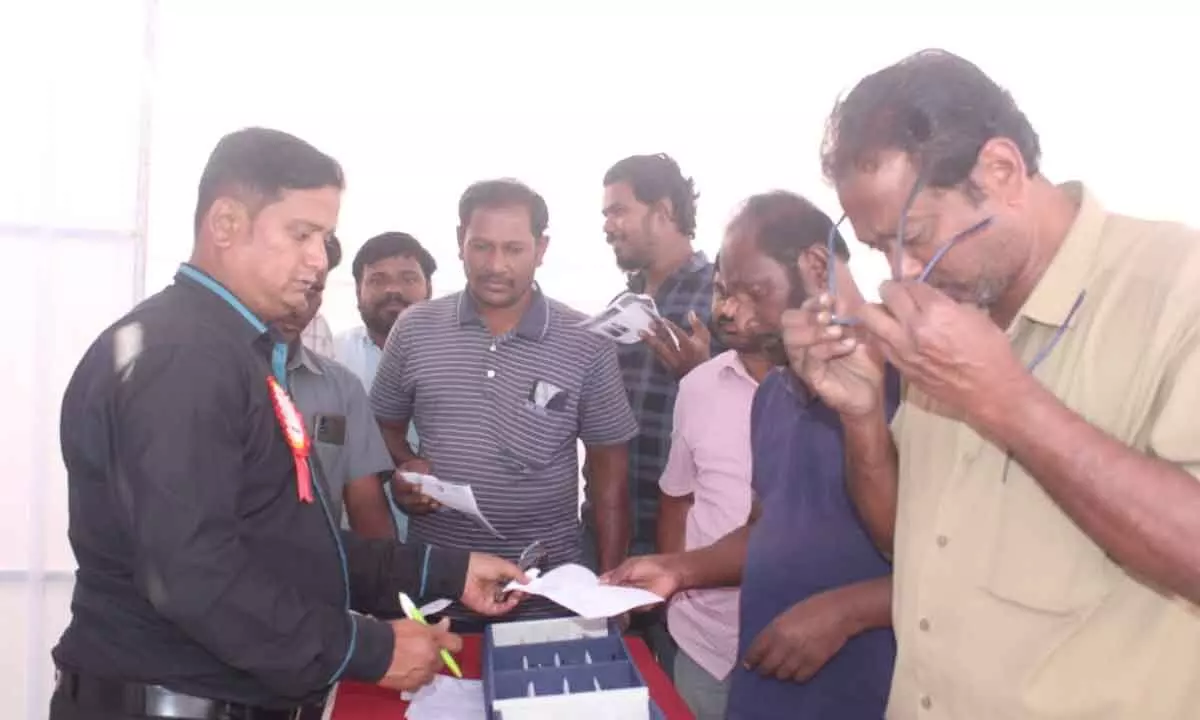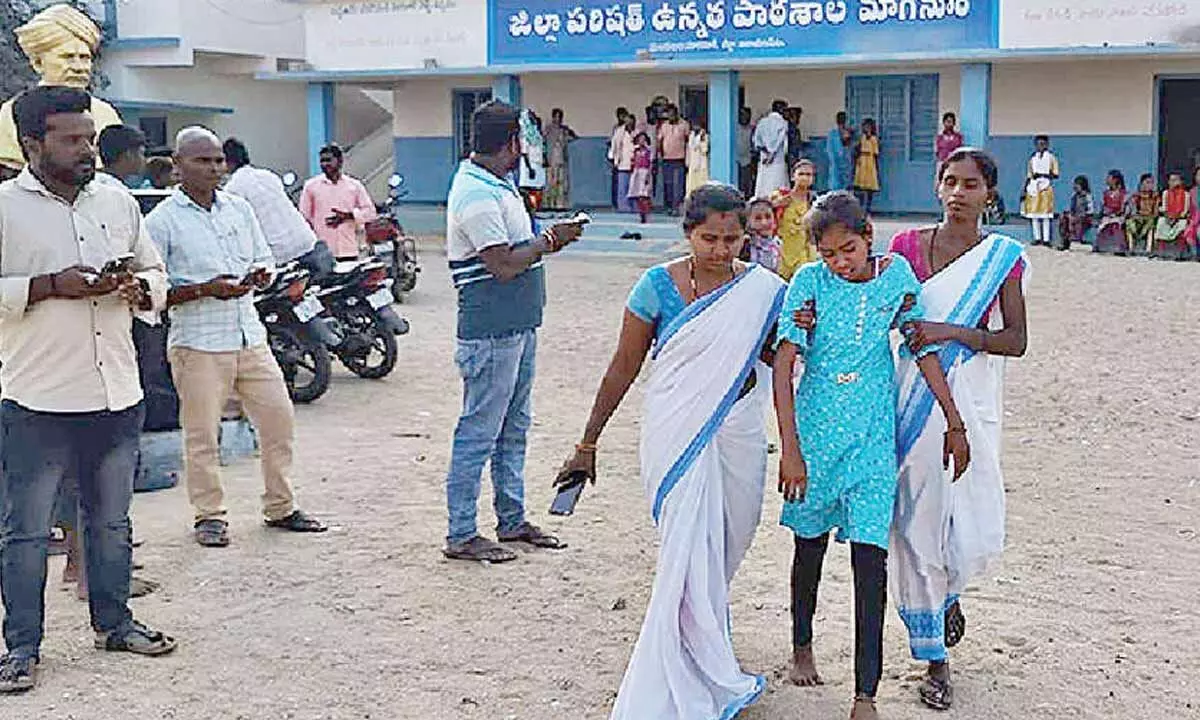Hyderabad: The State Endowments Department is collecting information about temple lands that are currently registered under individuals’ names instead of the deity’s. The government wants to ensure that temple lands are properly registered in the name of the deity to prevent illegal occupation.
In recent years, many temple lands have been at risk of being encroached upon. Hindu organizations have been demanding that the government take steps to protect these lands. Despite several efforts, encroachments continue to happen. A government-formed committee recently reported on temple lands in Devaryamjal, confirming this issue.
According to the report, more than 1,300 acres of temple land in Devaryamjal have been encroached upon. Out of this, about 100 acres were illegally transferred into others’ names. As per the rules, temple lands should not be transferred; they can only be leased for agriculture or other purposes. However, some of these lands were illegally registered in the past.
The Rashtriya Vanar Sena, a group focused on reclaiming temple lands through legal methods, claims that over 23 percent of temple lands—around 20,000 acres out of 87,000 acres—have been encroached upon. The Sena believes the problem is even larger than what the official data from the Endowments Department suggests.
Sources indicate that officials have been instructed to provide details on temple lands that are not currently registered under the deity’s name. The government plans to correct this situation by registering these lands in the deity’s name to prevent further encroachment.
A senior official explained that, in the past, philanthropists would donate land to temples, and these should have been registered in the name of the deity. However, many of these lands remain under individuals’ names, which has allowed encroachment to occur.
Just a few days ago, Endowments Minister Konda Surekha announced that the government has taken action to stop the registration of temple lands under individuals’ names. She also mentioned that the department has begun a geo-tagging process, and so far, 34,000 acres of temple land have been covered under this initiative.














